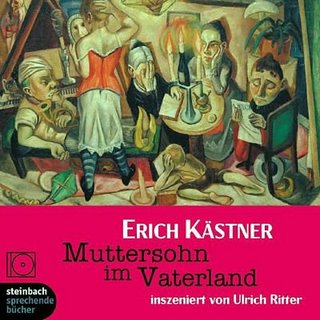 "These are songs and stories of the Industrial Workers of the World (Wobblies), a union to which I have belonged for over forty years. Recorded live in front of a group of striking Telecommunications Worker s in British Columbia, this is what I wanted to sing and say about our working class culture and why we should teach, study, and cherish it all the time, using it to build class solidarity and a better future for all workers. By the way, these workers I was singing for really joined in, and they all knew what we were singing about too!"
"These are songs and stories of the Industrial Workers of the World (Wobblies), a union to which I have belonged for over forty years. Recorded live in front of a group of striking Telecommunications Worker s in British Columbia, this is what I wanted to sing and say about our working class culture and why we should teach, study, and cherish it all the time, using it to build class solidarity and a better future for all workers. By the way, these workers I was singing for really joined in, and they all knew what we were singing about too!"Utah Phillips was an amazing advocate for workers' rights, and he made it his life's mission to keep alive the songs of the working class. Here, in his 1993 recording, he collected the songs of Joe Hill and others as preserved through the Industrial Workers of the World (IWW) Songbook. Folks interested in learning more about the plight of the labor movement, and the history of the songs that have accompanied it, would appreciate this well-performed collection.
Tracklist:
| 1 | Boss | 0:19 |
| 2 | We Have Fed You All A Thousand Years | 1:59 |
| 3 | Sheep And Goats | 1:02 |
| 4 | Timberbeast's Lament | 1:41 |
| 5 | Dump The Bosses Off Your Back | 4:15 |
| 6 | Lumberjack's Prayer | 1:48 |
| 7 | Mr. Block | 4:27 |
| 8 | Preacher And The Slave | 4:12 |
| 9 | Popular Wobbly | 2:04 |
| 10 | Casey Jones | 2:57 |
| 11 | Where The Fraser River Flows | 2:53 |
| 12 | Bread And Roses | 2:56 |
| 13 | Joe Hill | 4:14 |
| 14 | Union Burying Ground | 3:31 |
| 15 | Two Bums | 1:02 |
| 16 | Hallelujah, I'm A Bum | 5:28 |
| 17 | Solidarity Forever | 4:19 |
| 18 | There Is Power In A Union | 3:42 |
Here´s a link to a nachruf in german language:
http://www.linksnet.de/de/artikel/23569
Utah Phillips - We Have Fed You All A Thousand Years
(320 kbps, front cover included)


